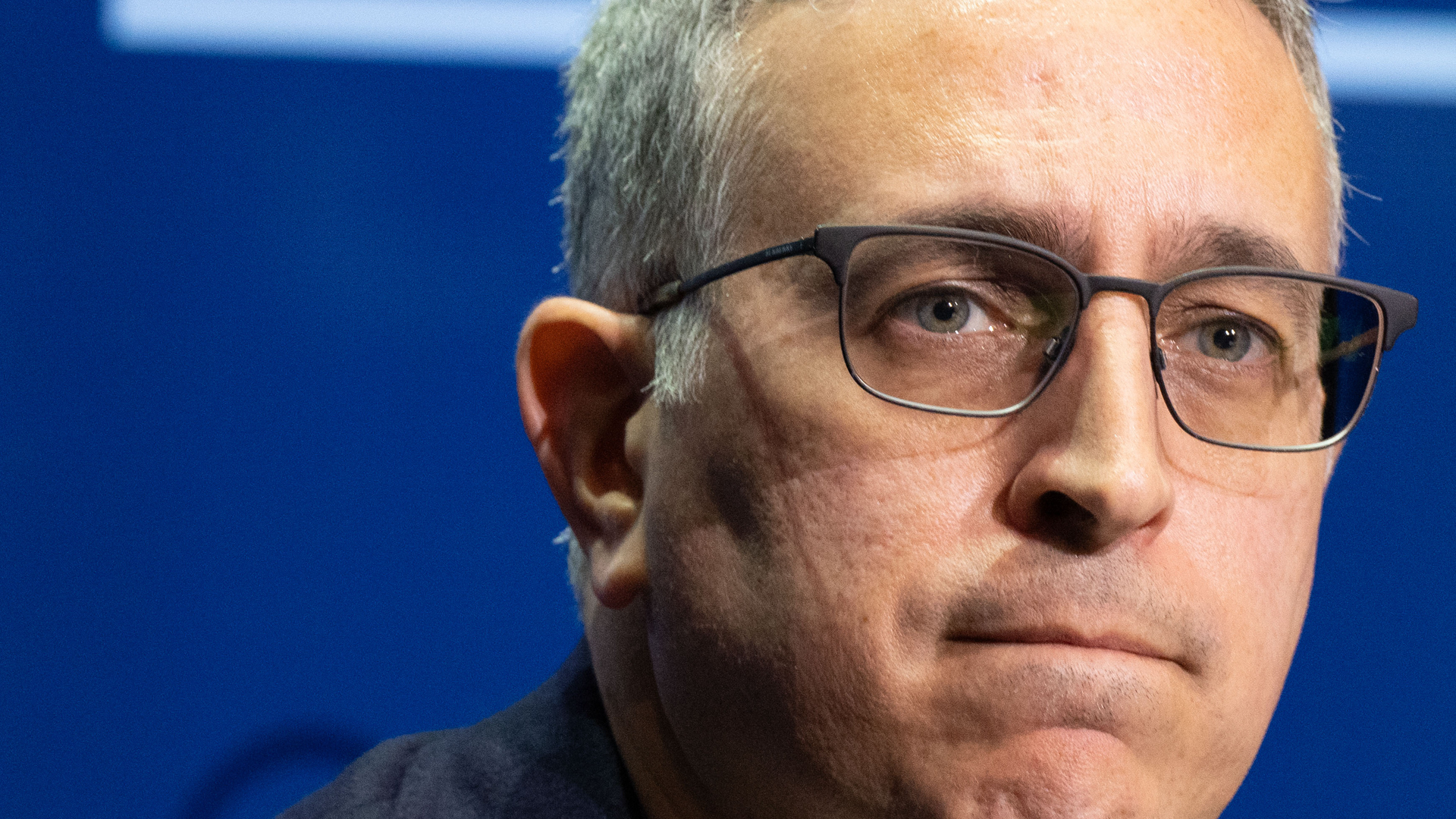
Nearly twice as many Canadians believe Paul Martin should take responsibility for ”œactivities uncovered by the Gomery Commission” rather than Jean Chrétien, who was prime minister during the entire spon- sorship program from 1997 to 2003.
In an SES Research attitudinal survey for Policy Options and IRPP, 29 percent of respondents believe Martin should take responsibility for the scandal, as opposed to 16.3 per- cent who blame Chrétien for the mess, among 1,000 Canadians surveyed from April 30 to May 4, 2005.
And this, in spite of the fact that Prime Minister Martin cancelled the sponsorship program on his first day in office, December 12, 2003, and appointed the independent Gomery inquiry on February 10, 2004, the very day his government released the explosive report of Auditor General Sheila Fraser.
This shows that Martin, by being proactive on the spon- sorship file, has taken ownership of it. Three Canadians in ten hold Martin accountable for the sponsorship scandal, while only about half as many place the blame on Chrétien’s shoulders, even though these events occurred entirely on his watch as prime minister.
Canadians see Prime Minister Martin talking about it, answering questions about it, and trying to manage it ”” so they see it as his responsibility more than Chrétien’s. And Chrétien’s not talking.
As well, 43 percent of Canadians thought both prime min- isters shared responsibility for the revelations before Gomery. Only 6 percent of respondents thought that neither Martin nor Chrétien were responsible for the sponsorship scandal.
Only in Quebec, where voters are most aware of the sponsorship program, was Chrétien perceived as more responsible for the negative impact ”” and there by an impressive margin of 7 to 1. In Quebec, 29 percent of respondents thought Chrétien should take responsibility for the sponsorship reve- lations, while only 4 percent though Martin was responsible.
Moreover, our research also indicates that 67 percent of Canadians, fully two-thirds of the population, believes Martin, as minister of Finance, ”œwas aware that gov- ernment sponsorship money was allegedly directed to advertising agencies closely linked to the federal Liberals.” However, only one-third of the population, 34 percent in our sample, thought Martin was ”œpersonally involved.”
So, Canadians believe Martin was aware, but unin- volved in the dubious transactions around the sponsorship scandal, including illegal third-party donations, unreported cash and kickbacks that have been alleged before Gomery.
To the casual observer, Martin was the senior Quebec minister, and therefore he had to know what was going on, even if he wasn’t directly involved. The suggestion that Martin was not aware simply does not resonate with voters.
Nearly six Canadians in ten ”” 59 percent ”” say they have been following the work of the Gomery Commission very or somewhat closely. While 12 percent of our respondents said they were following it very closely, 47 percent said they were following it somewhat closely.
That’s a very high number ”” nearly as many Canadians who voted in the 2004 election: 60 percent. Essentially, all Cana- dians who are politically engaged are fol- lowing Gomery’s work. Commissions of inquiry do not usually generate much ongoing interest, but Canadians are fol- lowing Gomery on a day-to-day basis.
SES also asked Canadians on behalf of Policy Options and IRPP whether Prime Minister Martin’s televised mea culpa in April affected their perception.
While 17 percent of respondents said their impression of Paul Martin improved after his television address to the nation, fully 59 percent ”” six voters in ten ”” said their impression was unchanged. And another 16 percent said their impression had actually worsened. Basically, it’s a wash. Just as many said their impression of the prime min- ister had worsened as said it had improved, and for most Canadians their impression was unchanged. While Liberal voters felt better, most Canadians were just reminded why they were unhappy with the government.
There is no doubt that after months of televised hearings and a succes- sion of sensational revelations before Gomery, the commission had become an important factor with voters in the peri- od before a possible election campaign. SES also asked Canadians about the impact or lack of impact the spon- sorship scandal would have on their voting decision.
Nearly two Canadians in three, 64 percent, said the Gomery effect would greatly or somewhat impact their vot- ing choice in a spring election. Fully 27 percent said it would greatly impact their choice, while another 38 percent said it would somewhat impact their choice. Another 31 percent said it would not impact their decision at all.
The impact of the Gomery inquiry on the public perception of Prime Minister Martin should give political leaders pause. It appears that the best of motives and a proactive open approach are no guarantee of gaining public confidence.







